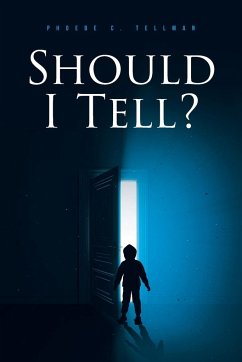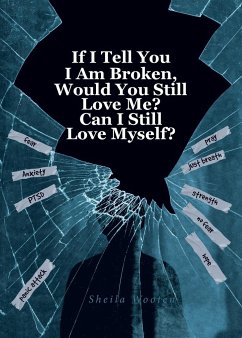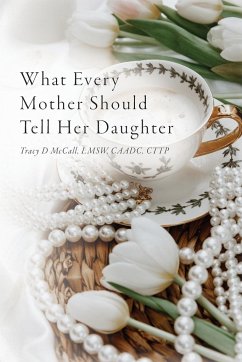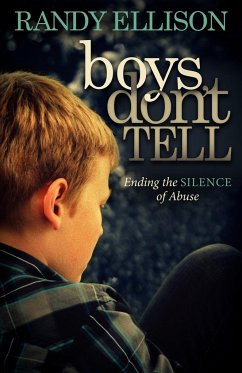
Should I Tell?

PAYBACK Punkte
7 °P sammeln!
According to the CDC, one out of four girls and one out of twenty boys will be sexually molested by an adult. Ninety-one percent of the time, the perpetrator is known to the child. However, due to the associated stigmas, these reported cases are assumed to be lower than reality. Are you asking the question, "Should I tell someone what happened to me?" Are you worried you won't be believed? Do you feel alone or have some level of shame or guilt? Do you believe you are strong enough to work through the pain? How's that working? No matter when the abuse occurred, it is time to start healing. No m...
According to the CDC, one out of four girls and one out of twenty boys will be sexually molested by an adult. Ninety-one percent of the time, the perpetrator is known to the child. However, due to the associated stigmas, these reported cases are assumed to be lower than reality. Are you asking the question, "Should I tell someone what happened to me?" Are you worried you won't be believed? Do you feel alone or have some level of shame or guilt? Do you believe you are strong enough to work through the pain? How's that working? No matter when the abuse occurred, it is time to start healing. No matter the age or circumstance, is the child complicit in the criminality of sexual abuse by the trusted adult in their life. Are you a parent and notice uncharacteristic changes in your child? Do you fear something has happened, but you do not know how to approach the situation? Or do you protect your children from "stranger danger," but are unaware of the probability of an abuser closer hiding their intent behind a charismatic and caring persona? Should I Tell? breaks down the stigma of child abuse by a known assailant, such as an extended family member, coach, teacher, or church leader from a woman who was raped at fifteen years old by a family member and did not tell anyone for twenty-seven years. The consequences of not telling, of not reaching out to the nearest Sherpa to help carry this burden up your Mt. Everest, will have long-reaching effects on your life, relationships, and decision-making. Stop the fog of abuse today. Parents become as informed as possible about the reality of these statistics. Could your child be one out of four or one out of twenty? Hopefully, not. But let's take hope out of it. Hope is never a strategy. Become educated on how to protect, coach, and listen to your child if they are strong enough to tell you they have been hurt.














